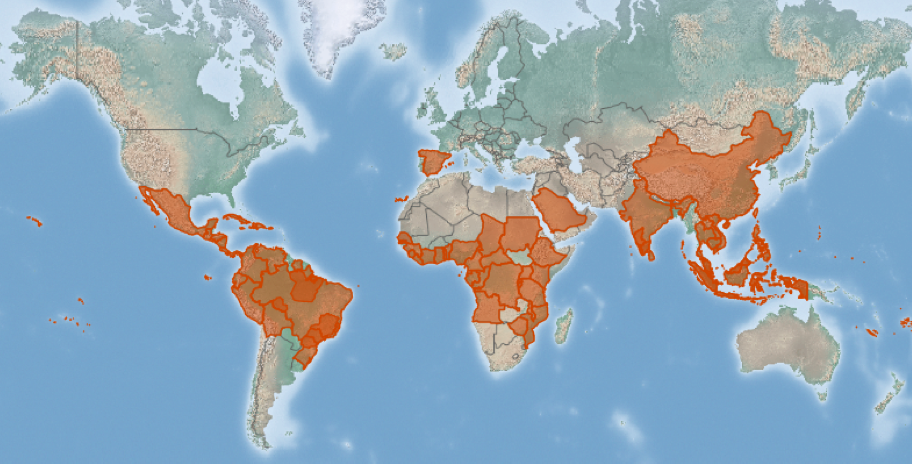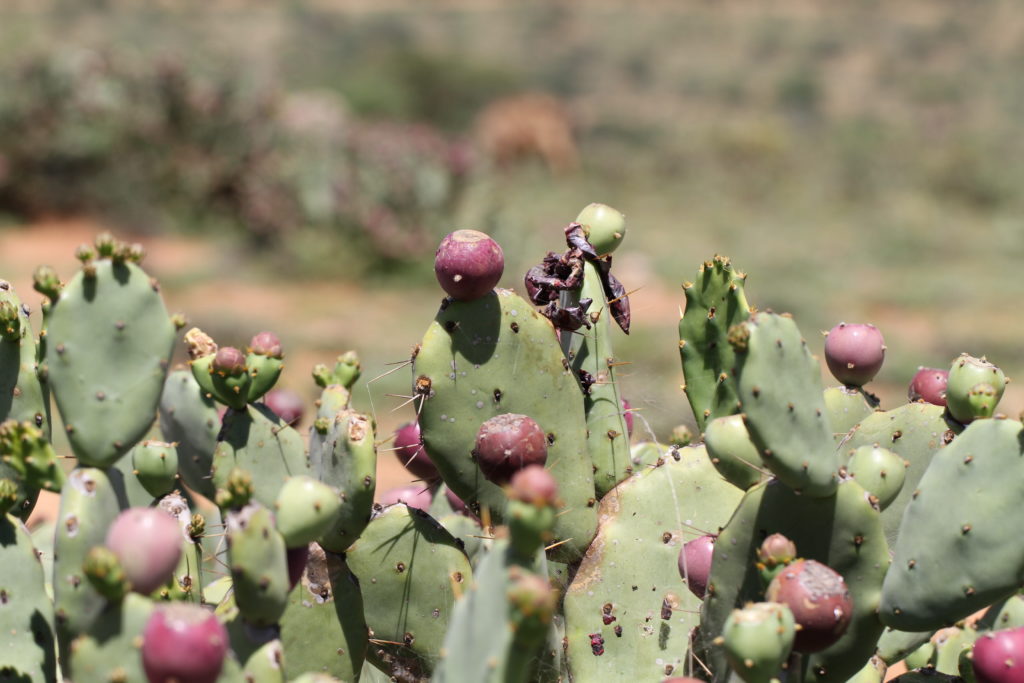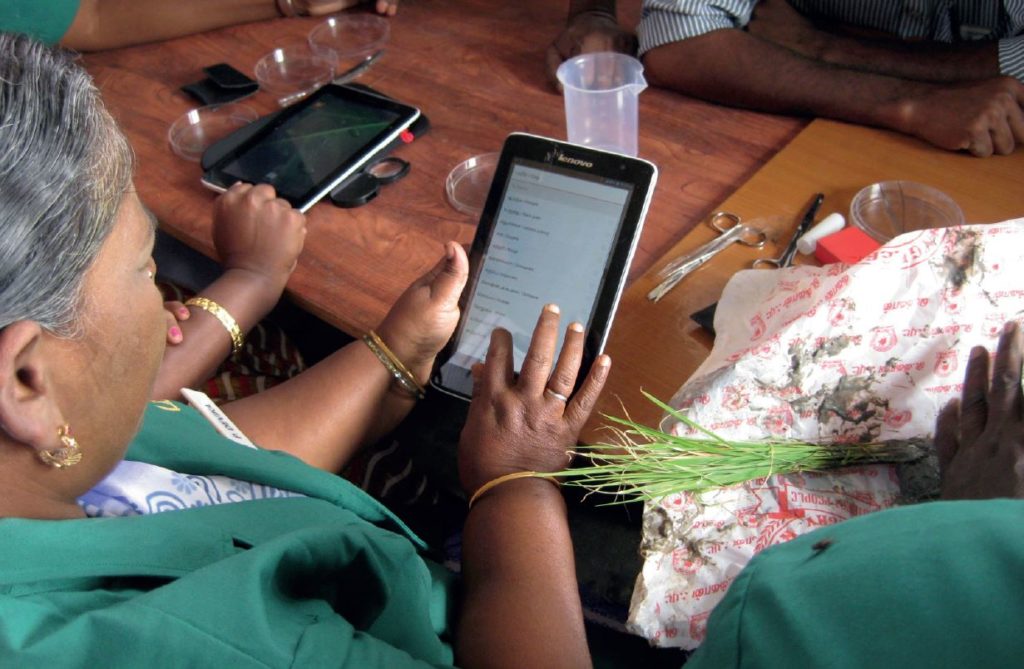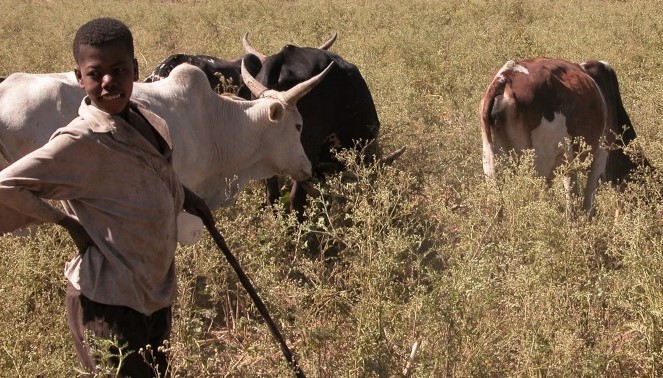Invasive Species Compendium use grows in 2020
In the first half of 2020, CABI’s Invasive Species Compendium (ISC) had over 1.5 million visits, around double the number for the same period in 2019. How much of this is down to the demand for high quality content and improvements that have been made to the site, and how much is down to people…
Open Access tools for Open Science
Each year on November 10th, World Science Day for Peace and Development celebrates the significance of science in daily life and the importance of involving the public in scientific developments and debates. This year, the theme for World Science Day for Peace and Development is “Open science, leaving no one behind”. The concept of “Open…
In the fight against Parthenium, make sure to “know your enemy”
Latest book in the CABI Invasive Series: Parthenium Weed Parthenium weed (Parthenium hysterophorus) is considered one of the worst weeds in the world. It has invaded and is widespread in about 48 countries in Africa, Asia and the South Pacific, and has the potential to spread to new countries in Africa, Asia and parts of…





